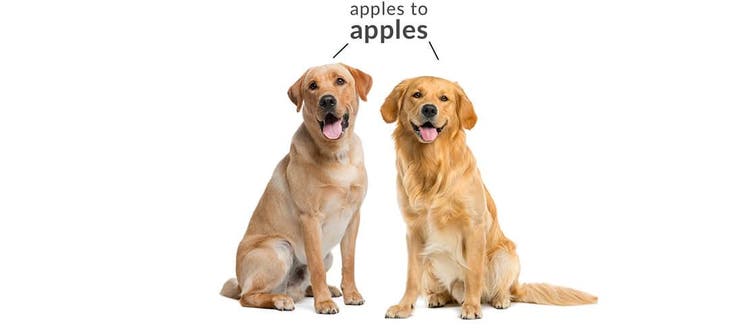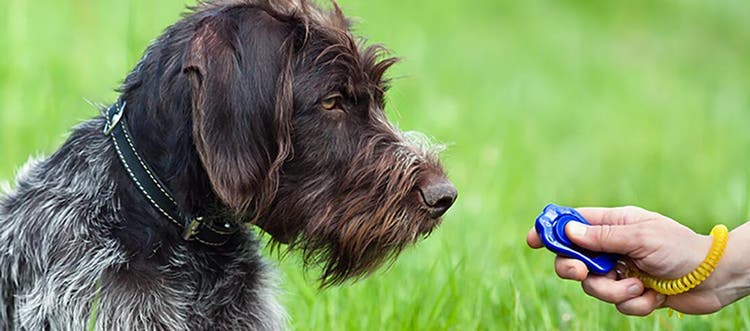Learn how dogs can pick up intestinal worms, as well as how to prevent and get rid of them.
It’s an unfortunate reality of pet ownership that your dog will probably pick up intestinal worms at some point in their life. It’s even more unfortunate that intestinal worms often go unnoticed and undiagnosed because the signs may not be obvious. If left untreated, your dog may fall seriously ill – and there’s also a chance that you can become infected, too. Here’s what you need to know to protect your dog and your family from intestinal worms.
What are intestinal worms?
Intestinal worms are parasites that infect a host – like your dog – and take up residence in their intestines, feeding off their blood, or the food in the intestines, and causing various signs of disease. Roundworms, hookworms, tapeworms and whipworm are all common worms your dog or puppy can pick up. Learn more about these common worms in our complete guide.
How do dogs and puppies get infected with intestinal worms?
One of the reasons intestinal worms are so common in dogs and puppies is because they can be picked up in several different places:
Before birth or through their mother’s milk:
Puppies frequently get worms from their mother. If the mother is infected with worms, she can pass them to her pups in the womb (roundworms) or through her milk (roundworms and hookworms).
From worm eggs or larvae in faeces or soil:
Dogs can get worms if they ingest eggs or larvae – for example, if your dog sniffs, digs or plays with a toy in contaminated dirt or grass. Hookworms in the soil can also infect your dog by burrowing into your dog’s skin, typically the paws or belly.
From scavenging or hunting:
Your dog can contract worms from eating infected animals like rodents or wildlife, or from consuming meat or offal from infected livestock.
From fleas:
Finally, your dog can get tapeworms from infected fleas. If a dog consumes a flea carrying the tapeworm parasite (perhaps in the process of grooming), they may have to contend with tapeworms as well as a flea infestation.
Signs of intestinal worms in dogs
Most dogs will show few or no signs of an intestinal worm infection. If they do appear, they may include:
- Scooting on their bottom
- Worms or worm segments being visible in your dog’s faeces
- Bloody or mucoid faeces
- Diarrhoea
- Vomiting
- Swollen abdomen
- Lethargy
- Nutritional deficiencies
- Dehydration
- Coughing
- Anaemia and even death
To determine if your dog has worms, and which kind of worms, your veterinarian will complete a physical exam and take a stool sample for a faecal examination. You can also ask your vet to include a faecal exam as part of your dog’s regular wellness check to ensure your dog isn’t infected.
How to treat intestinal worms in dogs
Up to 8 weeks
Many puppies are born with worms and acquire more from their mother’s milk, so it’s important to treat them from 2 weeks of age. MilbemaxTM tablets are a popular product for deworming dogs and have been trusted by vets for over 20 years. Milbemax can be used in dogs from 2 weeks of age and 0.5kg.
From 8 weeks
The ideal approach to deworming will vary depending on factors like location, your dog’s health and lifestyle, and the type of treatment you prefer. Options include:
- continue with Milbemax tablets for protection against all major gastrointestinal worms (refer to label for dosing recommendations)
- apply AdvocateTM spot-on monthly (from as early as 7 weeks of age) for protection against most gastrointestinal worms, as well as fleas, mites and heartworm
- give Credelio PLUSTM chewable tablets monthly for protection against most gastrointestinal worms, as well as fleas, ticks, mites and heartworm
Speak to your veterinarian about appropriate dosing for your dog if you are in a hydatid tapeworm area. Veterinarians are a great source of information on the best way to protect your dog from all kinds of worms and other parasites.
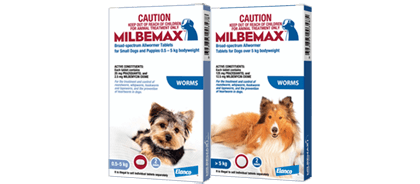
Milbemax™ worming tablets for dogs
Milbemax™ tablets for dogs protect against all the most common worms your dog will come into contact with, including tapeworm.
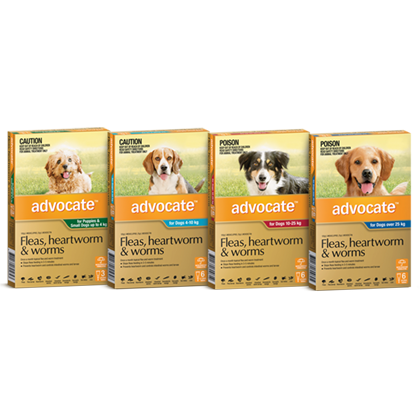
Advocate for dogs
Advocate provides fast relief from fleas, prevents deadly heartworm and helps protect your dog and your family from most intestinal worms
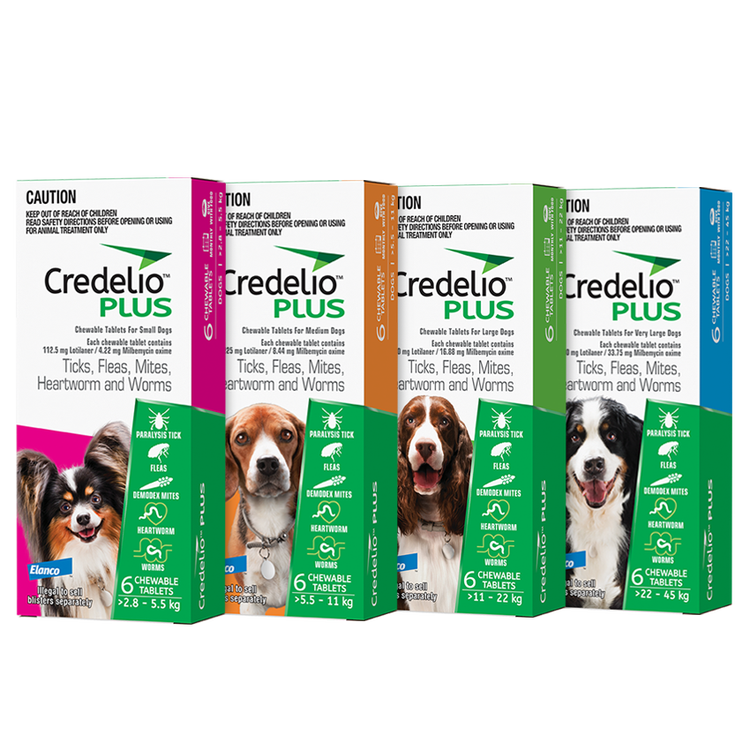
Credelio™ Plus 4 in 1 protection in the smallest chew
Keeps your dog protected from ticks, fleas, demodex mites PLUS heartworm and intestinal worms.

